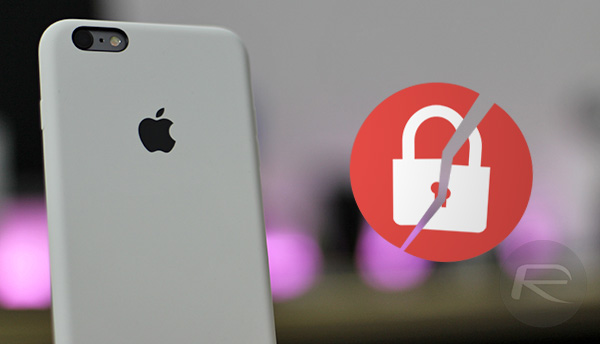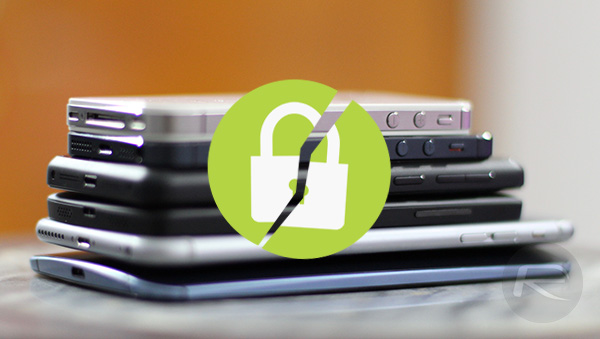Apple has released a new statement ahead of its March 22 court date. The newly released statement is the final scheduled brief by Apple before their court appearance later this month, which will see Tim Cook’s company visit a federal court in California to determine whether or not the company is required to assist the FBI – as per a court order – with the ongoing investigations into the San Bernardino shooting incident which took place late last year.
With tensions rising between not only Apple and the FBI, but also amongst the general public who are looking keenly in on the situation, Apple has been keen to make sure the wording of the brief accurately portrays just how strongly the company feels about this particular subject, and just how strongly the company feels about potentially being forced to go against its beliefs in order to access data on the shooter’s iPhone by creating a backdoor – dubbed GovtOS – to the device.

The Apple filed brief, which has been submitted as a response to “Government’s opposition to Apple Inc.’s motion to vacate an order compelling Apple Inc. to assist agents in search”, states that the company fully understands that this particular case is “in a difficult context after a terrible tragedy”. The brief also then goes on to make reference to that terrible tragedy and outline Apple’s belief that it is in these particular instances “that the courts must zealously guard civil liberties and the rule of the law and reject government overreaching”. It’s on that basis that Apple is requesting that the court “deny the government’s requests and vacate the order”.
f anything, the response filed outlines exactly what we, and the rest of the world looking in, probably already knew; that Tim Cook and Apple will vehemently fight against any order that forces the company to provide a backdoor to the iPhone and circumvent security measures.

Apple will argue that creating a new version of iOS – or a “GovtOS” as it’s called it – would be the “software equivalent of cancer“, and that being forced to do so would in turn violate the First Amendment of the constitution, with Apple stating in the document that even if there was such a thing as “purely functional code”, creating the type of OS that’s being demanded “would necessarily involve precisely the kind of expression of ideas and concepts protected by the First Amendment”.
You can read the full Apple response below.
(Via: Business Insider)
You may also like to check out:
You can follow us on Twitter, add us to your circle on Google+ or like our Facebook page to keep yourself updated on all the latest from Microsoft, Google, Apple and the Web.

